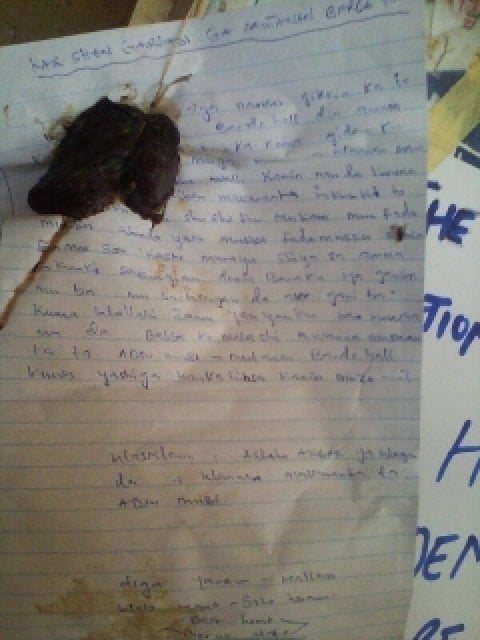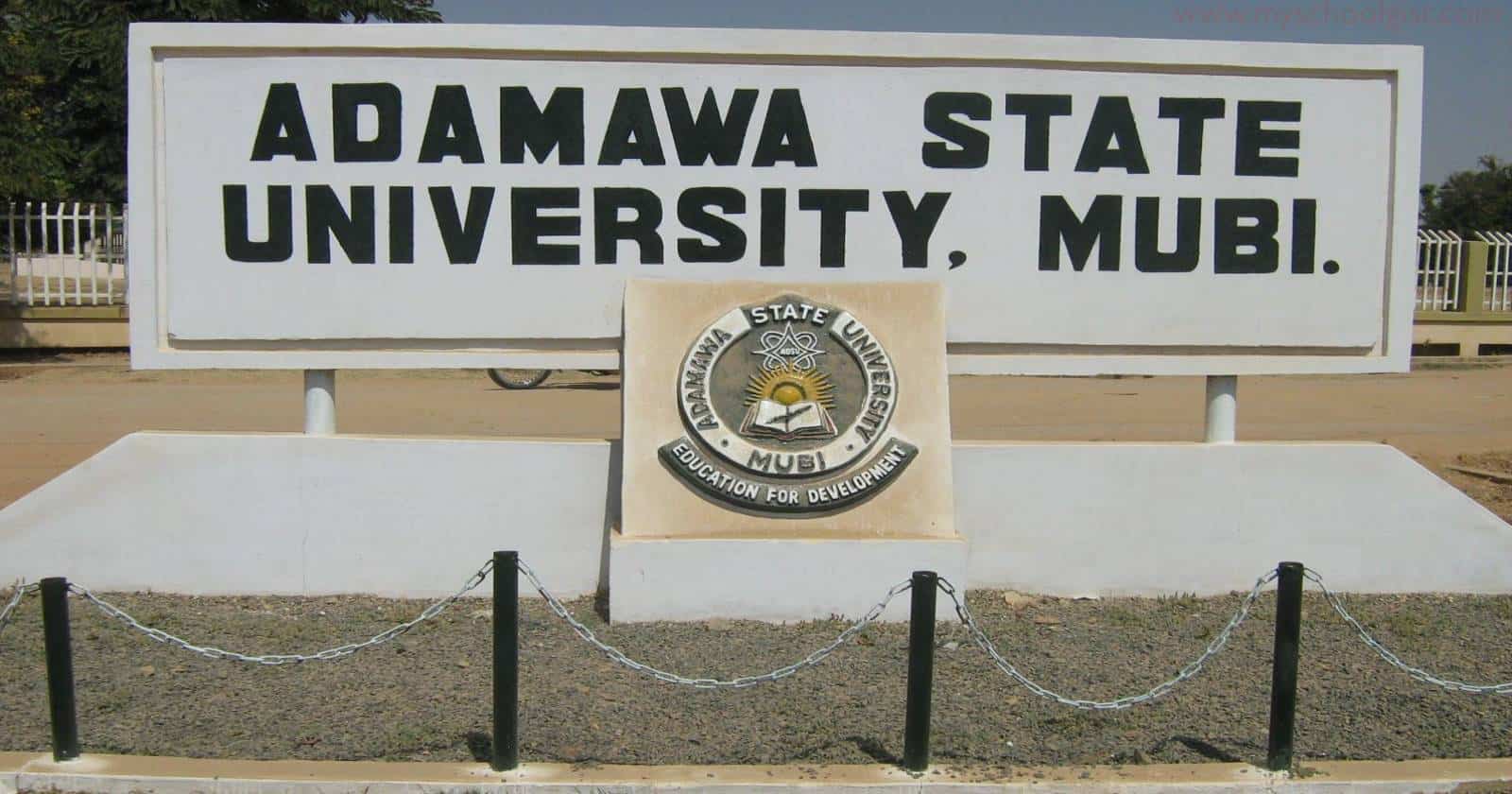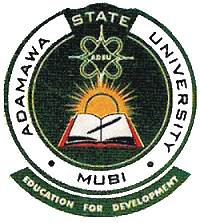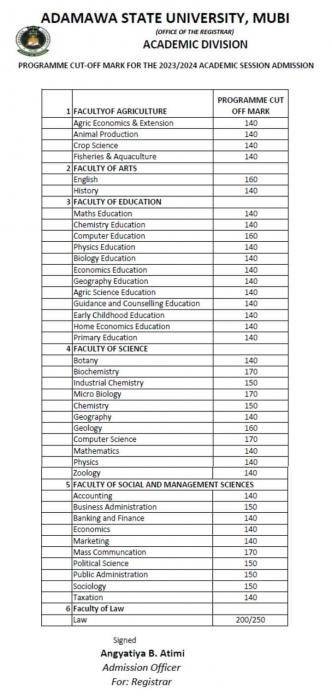
Adamawa State University received a threat letter purportedly written by Boko Haram with a pound of flesh attached to it. Students have fled hostel prior to this.
Boko Haram Writes ADSU with Human Flesh Attached
Over the past two weeks school officials based at the Adamawa State University have been the recipients of written threats directed at them, but the source of the unspecified threats remain a mystery. The origins are unknown. Yet the threats, rather than being cast off as a malicious prank, are being taken seriously, as word of the letters has shaken both the student body and officials at the school. The atmosphere on campus, and in the surrounding area, can be best described as tense.
A source has told SaharaReporters that the letters are believed to be real, with school officials and the student body suspecting it is coming directly from the Islamist insurgent group Boko Haram.
As word of the letters making undetermined threats have surfaced, rumours, too, have circulated. Compounding matters is that school officials have largely remained silent. Most of the students at Adamawa State University are fearful of an impending Boko Haram attack. Rumors are being taken seriously.
Similar Posts:
For example, most of the Adamawa State University students who use the only hostel available to men have not slept there over the past weekend. The hostel, also known as ‘Barde Hall,’ according to a SaharaReporters source, was nearly empty of students beginning on Saturday evening. Barde Hall, is also popularly known as “256” by many in the student body. It is a popular ‘hang out’ spot for many of the students attending. It is also seen as a safe space, and resting place, that normally has scores of students milling around outside during the academic year. Many of the students did not sleep, or ‘hang out’ at the hostel on Saturday night. It was ghostly quiet.
A student source told SaharaReporters that the atmosphere at the hostel worsened on Sunday night. In room A5, a student confided that, he was the only person that slept the night in his room.
Another student said that many of the occupants had fled to the nearby town to seek shelter instead, where they believe it to be a much safer place. Yet, the tension Monday morning picked-up, when students in Barde Hall awoke and found a letter placed on a wall that was written in the Hausa language. The letter, when translated into English, reads, “Last warning.”
But this time around, it had a pound of flesh clipped to the letter. It dripped with blood, and was described as somewhat black in colour, though looking as if it was not long since this section of human flesh it was cut off.
This caused panic among many of the students at the hostel. They then openly questioned the efforts of the university security men, and called them to the hall to remove the grisly letter. The students denied the letter was written and posted by a fellow student among them to thge arriving security men. They then demanded to see the schools’ vice chancellor.
The Adamawa State University Vice Chancellor is Dr. Alkassum Abba, who arrived shortly afterwards, and addressed the students in a tense exchange over the letters and this latest note placed on a wall dripping with blood. Abba was peppered with many questions from the assembled students about school security. But to many in attendance Abba’s explanation was neither reassuring, or satisfying.
The Vice Chancellor according to a SaharaReporters source reportedly insisted that nothing will change with the school’s academic calendar. Strangely, the students were told that their exams will be held as earlier scheduled.
As it stands now, many of the Adamawa State University students have packed their bags, and also, reportedly, packing out of the hostel.
The “256” is in a place many of the departing students feel is especially vulnerable, in large part because, physically, it is isolated, and neighbored by bush, with just a few farms located behind the building. In short, for many it is too easy a target with a school administration almost detached from their concerns over whether the threatening letters received are real, or not. (Sahara Reporters)



